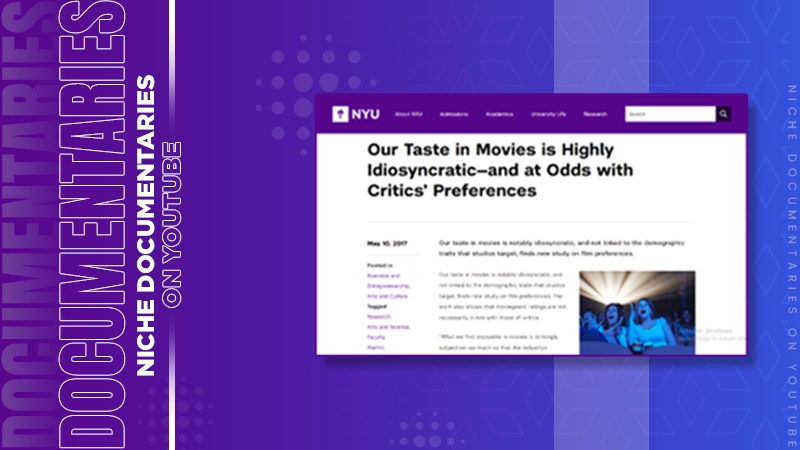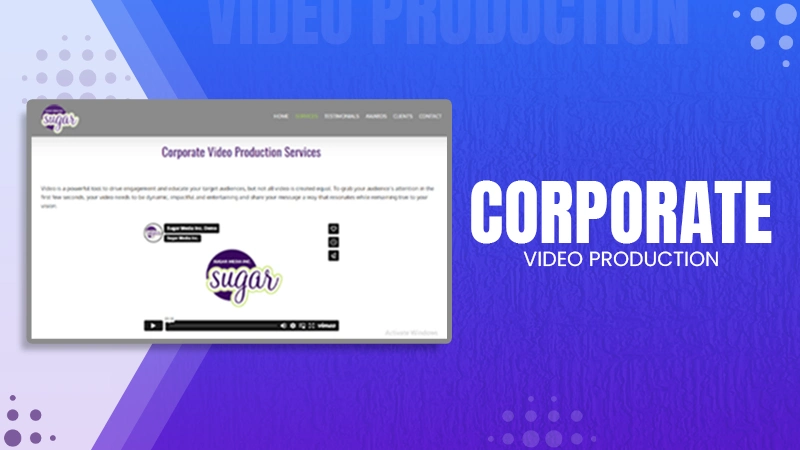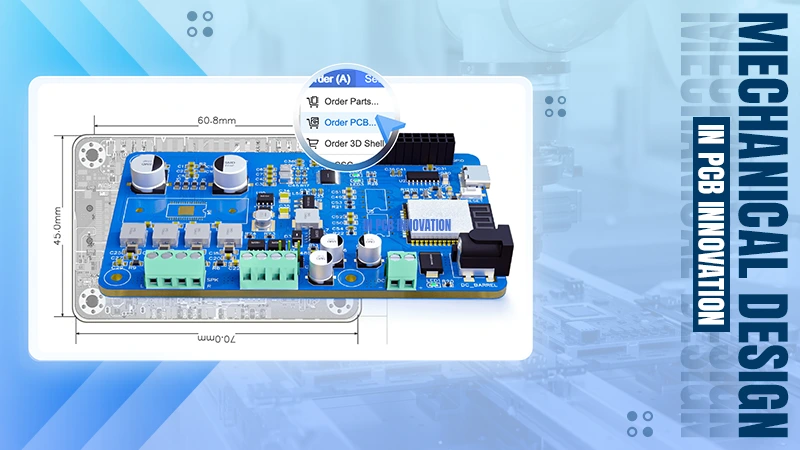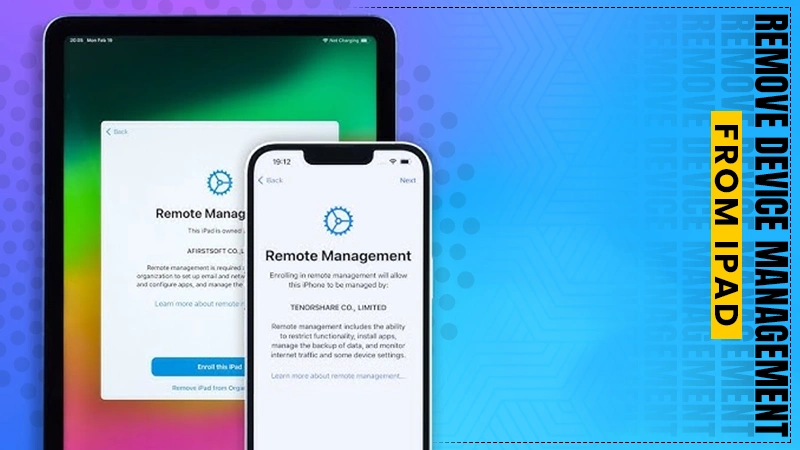Why Specialized IT Support Matters
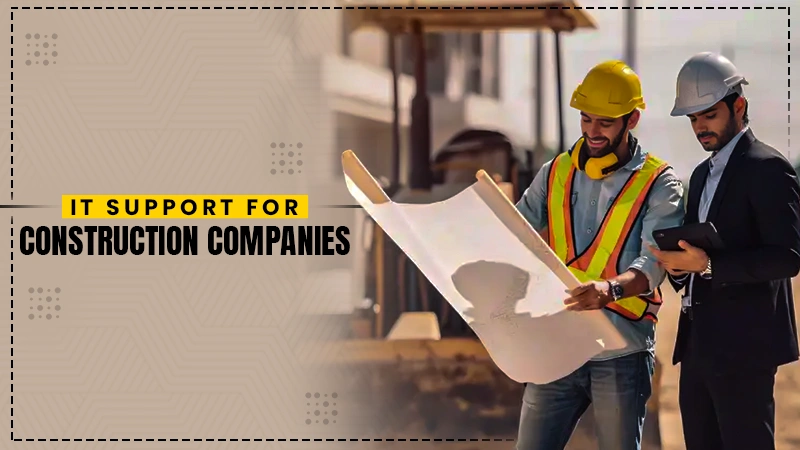
Let’s face it: construction isn’t just about bricks and mortar anymore. As projects grow more complex and timelines tighten, the role of technology in the building industry has exploded. But here’s the kicker – all that tech is useless if it’s not working properly. That’s where IT support for construction companies comes into play, acting as the invisible force keeping everything running smoothly.
You might be wondering, “Can’t we just use any old IT guy?” Well, not quite. Construction has its own unique set of challenges and needs. From managing blueprints to coordinating with suppliers, the tech requirements are pretty specific. That’s why having IT support tailored to construction companies is crucial.
The Unique Tech Landscape of Construction
- Project management software
- Building Information Modeling (BIM) tools
- Equipment tracking systems
- Safety compliance tech
Each of these requires specialized knowledge to keep them humming along. It’s not just about fixing a crashed computer (though that’s important too). It’s about understanding how all these pieces fit together in the grand scheme of a construction project.
Key Components of IT Support for Construction Companies
1. On-Site and Remote Support
Construction happens in the field, not just in an office. Good IT support needs to be flexible enough to handle issues whether they pop up on a job site or back at HQ. This might mean:
- Mobile support units
- Remote access capabilities
- Quick response times for emergencies
2. Data Management and Security
With great data comes great responsibility. Construction companies deal with sensitive information daily – from client details to proprietary designs. Robust IT support should include:
- Secure data storage solutions
- Regular backups
- Cybersecurity measures to protect against threats
3. Software Integration and Training
It’s not enough to just install the latest software. For it to be truly useful, everyone needs to know how to use it. Quality IT support for construction companies should offer:
- Software implementation strategies
- User training programs
- Ongoing support for new features and updates
4. Hardware Management
From rugged tablets on-site to powerful workstations for designers, managing hardware is a big part of construction IT. Look for support that covers:
- Device procurement and setup
- Maintenance and repairs
- Lifecycle management to keep tech up-to-date
The Impact of Effective IT Support
When IT support is firing on all cylinders, the benefits ripple through the entire operation. We’re talking about:
- Increased productivity: Less downtime means more building time
- Better collaboration: Seamless communication between office and field
- Improved accuracy: Fewer errors in plans and calculations
- Enhanced client satisfaction: Smoother processes lead to happier customers
Common Pitfalls to Avoid
Now, let’s chat about what not to do. I’ve seen my fair share of construction companies stumble when it comes to IT support. Here are a few landmines to sidestep:
- Underestimating the importance of IT: Some folks still think of tech as an afterthought. Big mistake. In today’s world, it’s as crucial as your heavy machinery.
- One-size-fits-all solutions: What works for a small residential builder won’t cut it for a large commercial outfit. Tailored solutions are key.
- Neglecting staff training: All the fancy tech in the world is useless if your team can’t use it effectively.
- Reactive instead of proactive support: Waiting for something to break before fixing it is a recipe for disaster. Proactive maintenance is the way to go.
Choosing the Right IT Support Partner
Alright, so you’re convinced that solid IT support is essential. But how do you pick the right provider? Here are some things to keep in mind:
- Industry experience: Look for a team that understands construction, not just computers
- Scalability: Can they grow with your business?
- 24/7 availability: Construction doesn’t stop at 5 PM, and neither should your IT support
- Comprehensive service offerings: From cloud solutions to cybersecurity, make sure they’ve got all your bases covered
The Future of IT in Construction
Let’s gaze into the crystal ball for a moment. The future of IT support for construction companies is looking pretty exciting. We’re talking about:
- AI-powered predictive maintenance
- Virtual and augmented reality for design and training
- IoT sensors for real-time project monitoring
- Blockchain for secure contract management
As these technologies become more prevalent, having a forward-thinking IT support team will be more crucial than ever.
Cost Considerations and ROI
One aspect that deserves special attention is the financial side of IT support. While some construction companies might see it as just another expense, it’s better to view it as an investment. Here’s why:
Direct Cost Savings:
- Reduced downtime means fewer costly delays
- Efficient resource allocation through better planning tools
- Lower risk of data loss and associated recovery costs
- Bulk licensing and hardware procurement savings
Hidden Cost Benefits:
- Fewer human errors in estimations and calculations
- Better inventory management reducing waste
- Improved bid accuracy leading to more profitable projects
- Enhanced employee satisfaction and retention
Real-World Implementation Strategies
Getting from theory to practice isn’t always straightforward. Here’s a practical roadmap for implementing effective IT support:
1. Assessment Phase
Start with a thorough evaluation of your current tech setup. This means:
- Cataloging all existing software and hardware
- Identifying pain points and bottlenecks
- Documenting current workflows
- Understanding future growth plans
2. Transition Planning
Once you know where you stand, create a detailed plan for improvement:
- Set clear priorities based on business impact
- Create a realistic timeline for changes
- Plan for minimal disruption to ongoing projects
- Build in contingencies for unexpected issues
3. Staff Engagement
Success depends heavily on your team’s buy-in:
- Include key personnel in planning discussions
- Create clear communication channels for feedback
- Develop role-specific training programs
- Identify and support internal champions for new systems
Building a Tech-Forward Culture
The final piece of the puzzle is creating an environment where technology is embraced rather than feared. This means:
- Encouraging innovation and suggestions from staff
- Celebrating successful tech implementations
- Making continuous learning part of the company culture
- Recognizing and rewarding digital proficiency
Conclusion: The Foundation of Modern Construction
In the end, top-notch IT support isn’t just a nice-to-have for construction companies – it’s a must-have. It’s the invisible scaffolding that holds everything together, from the first blueprint to the final nail. By investing in quality IT support, construction companies aren’t just solving today’s problems; they’re laying the groundwork for tomorrow’s success. The key is finding the right balance between cutting-edge solutions and practical, reliable support that keeps your operation running smoothly day after day.
